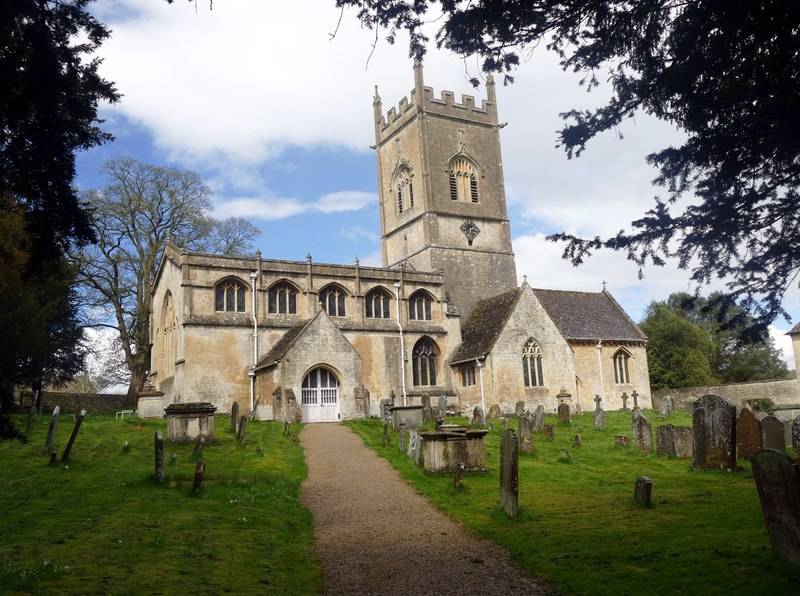
Renewable Energy for Churches: Achieving Net Zero 2030
The Church of England has set a bold and inspiring target: to reach Net Zero Carbon by 2030. For many churches in the North West, including Stockport, Greater Manchester and Cheshire, this means taking meaningful steps to reduce energy use, improve efficiency, and invest in renewable technologies such as solar panels, air source heat pumps, and battery storage.
While the Church of England doesn’t provide direct funding for renewable projects, it strongly encourages churches to explore renewable energy solutions. Fortunately, there are multiple funding sources and grants available to help churches take action.
Why Renewable Energy Matters for Churches
Church buildings are often historic, frequently large, and can be expensive to heat. Rising energy bills have put additional financial strain on congregations and PCCs. By switching to renewable energy, churches can:
- Reduce running costs
- Improve energy stability and resilience
- Cut carbon emissions in line with Net Zero 2030 targets
- Demonstrate environmental stewardship to their community
- Create warm, welcoming spaces year-round
These changes are both practical and mission-aligned.
How Churches Can Fund Renewable Projects
Even though the Church of England doesn’t provide funding directly, they are encouraging churches to look into renewable energy to support their target of Net Zero for 2030 by signposting them to available grant schemes and financial support. Two excellent resources for church leaders are:
- Parish Resources – national list of charitable grants available to churches:
https://www.parishresources.org.uk - Community Energy England – funding opportunities for community and church energy projects:
https://communityenergyengland.org
These resources make it easier for PCCs and church leadership teams to identify grants that can help cover the costs of solar, heat pumps, and battery storage systems.
Solarus Energy: Approved, Accredited and Church-Ready
Solarus Energy Ltd is fully MCS-certified for:
- Solar PV (solar panel systems)
- Air Source Heat Pumps
- Battery Energy Storage Systems
We are also:
- Which? Trusted Traders – independently vetted for quality & reliability
- Octopus Energy Trusted Partner – supporting Octopus customers
- NICEIC Approved Contractor – highest electrical safety & competency standard
- CHAS Accredited – health and safety compliance assured
This ensures that our installations are trusted, compliant, and eligible under schemes that require MCS-accredited installers.
Working Respectfully in Church Buildings
We appreciate that churches are sacred spaces, often listed, and require careful consideration when installing renewable energy systems.
We ensure:
- Minimal visual impact solutions (e.g., discreet roof-mounted solar panels)
- Sensitivity to heritage architecture
- Clear communication with PCCs, wardens & diocesan environmental officers
- Full support with permissions, planning and documentation
We also provide free surveys, including costed proposals showing:
- Estimated energy savings
- Payback period and return on investment
- Expected carbon reduction
Example Renewable Installations for Churches
Churches often benefit from:
| Technology | Benefit |
|---|---|
| Solar PV | Generates clean energy from your roof, significantly reducing running costs |
| Battery Storage | Stores energy for evening use, events, heating boost, and winter efficiency |
| Air Source Heat Pumps | Low-carbon heating that replaces or reduces gas or oil dependence |
Even churches without ideal roof layouts can often still benefit from ground arrays, discreet roof placements, or hybrid systems.
Arrange a Free Renewable Assessment
Get in touch to discuss how your church can move towards Net Zero 2030:
